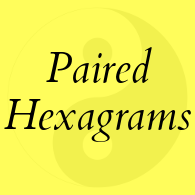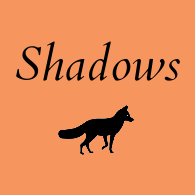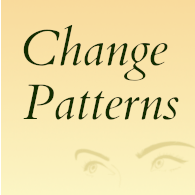Why is it called Change?
(Background to this: the ‘Yi’ in ‘Yijing’ (aka the ‘I’ in ‘I Ching’) means ‘change’. Why would an oracle be called ‘change’? A sensible explanation might be that the Yijing’s lines and hexagrams change, and maybe this was what made it different from its ancient sister-oracles that also used hexagrams. Change… Read more »Why is it called Change?













